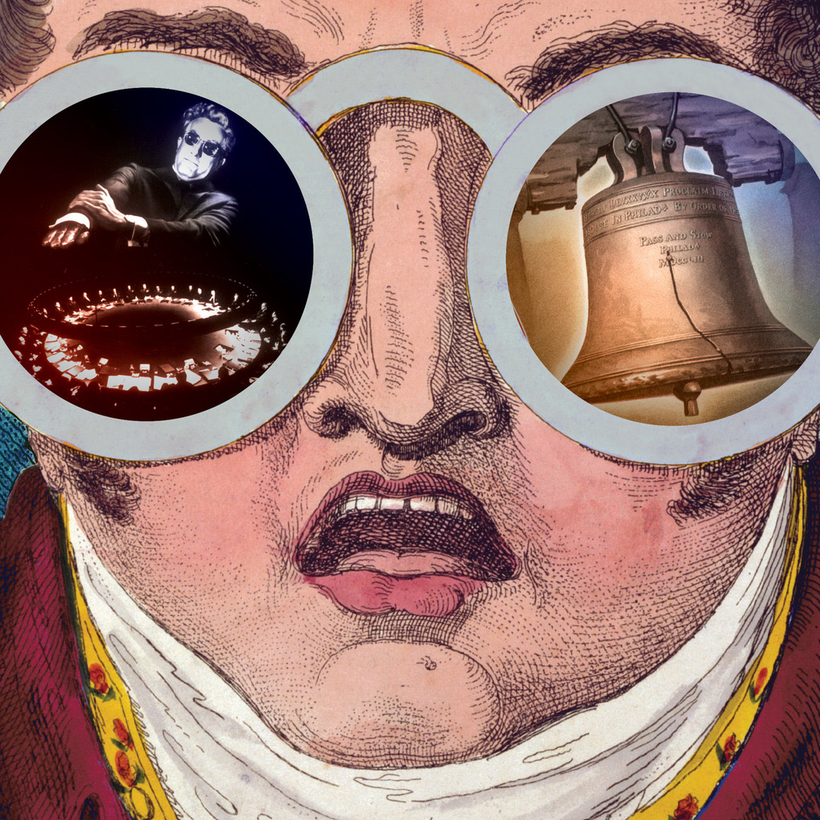As I’ve watched Donald Trump rage against his decisive electoral loss over the last month—his angry tweets and occasional on-camera outbursts emerging steadily from his seclusion inside the White House—and the Republican Party cower in fear, aiding and abetting his attacks on Americans’ trust in their own democracy and standing by mutely while the president trumpets his bizarre conspiracies about a rigged election, I can’t help but think of the Liberty Bell’s unique role in the nation’s doomsday plans.
Most Americans are familiar with the basic concept of the government’s emergency continuity plans—the idea of the “designated survivor,” the Cabinet member chosen to stay away from an inauguration or State of the Union address in order to survive a possible catastrophe, and many know at least vaguely about the network of mountain bunkers and airborne command posts where top officials would hide during an enemy attack.


